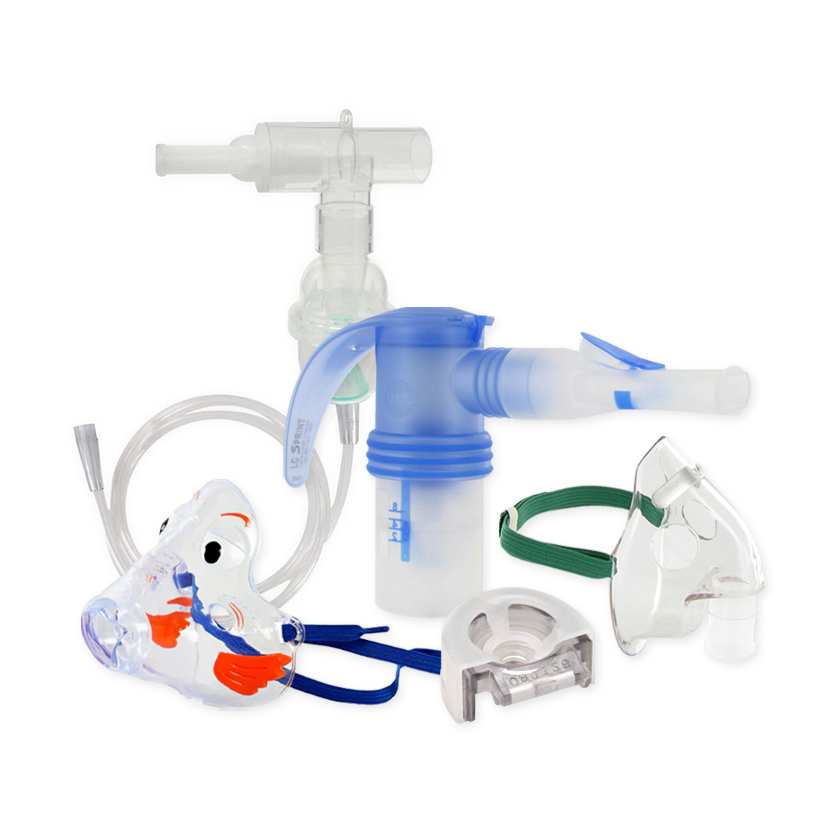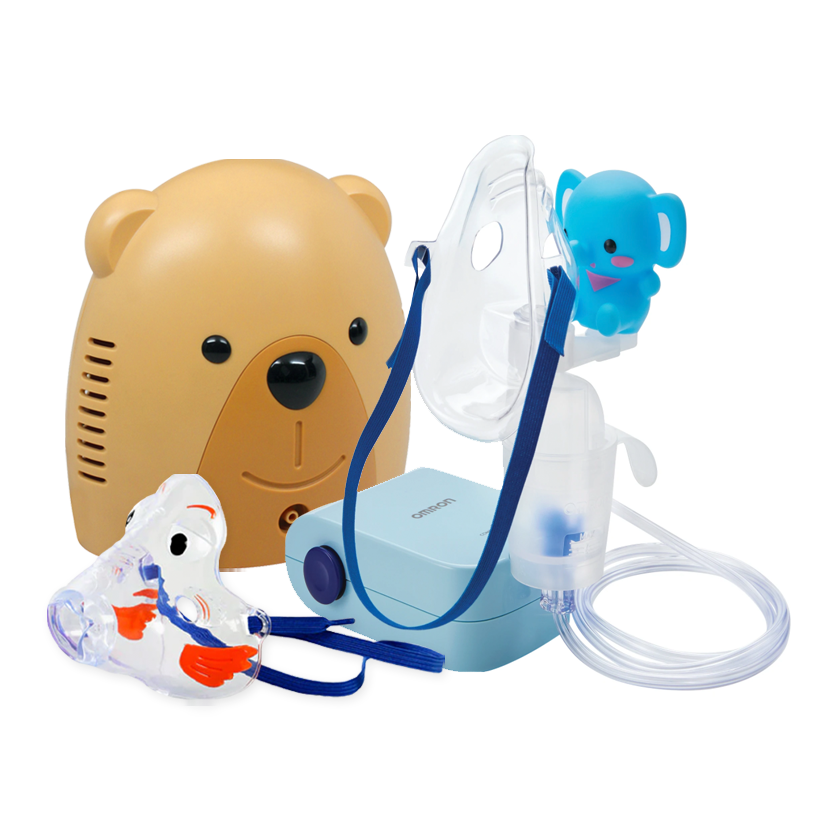Your Cart is Empty
Free Shipping on all orders over $75!
Menu

Free Shipping on all orders over $75!
Nebulizer Systems
Travel Nebulizers
Nebulizer Accessories
Just For Kids
Oxygen Supplies
Cystic Fibrosis Pathogen Evolves to Survive Antibiotics
January 10, 2014 1 min read
Bad news for Cystic Fibrosis (CF) patients-- pseudomonas aeruginosa, the pathogen most important in CF patients, has evolved to survive antibiotic treatments and live longer in CF-infected lungs. These findings are the product of a joint study performed by scientists from the University of Ottawa and the University of Calgary in Canada.
Pseudomonas aeruginosa is actually a very common organism. Whether or not you have CF, it’s probably in your environment, which is okay if you’re healthy. P. aeruginosa is harmless to healthy people. However, if you have CF or an otherwise compromised immune system, P. aeruginosa can infect your lungs and cause serious problems, especially since it’s evolved to survive antibiotic treatments.
But, there’s some good news too. Now that scientists know more about P. aeruginosa and how it evolves, they can do more to fight it. To learn about the pathogen, statistician and University of Calgary professor Nicolas Rodrigue mapped the genomes of all 32 strains of pseudomonas aeruginosa, both epidemic and non-epidemic. “It’s like a huge jigsaw puzzle that we have to put together,” he said.
Rodrigue then performed a statistical inference to identify “which genes had been gained or lost during evolution, which underwent genetic recombination and which were the target of selection.”
Using this knowledge, Rodrigue and the other scientists hope to develop more effective treatments for CF patients. “If we can devise a multi-pronged treatment approach that addresses all or most of the different ways that the bacteria can adapt to different treatments, then the bacteria will be out of luck,” Rodrigue said.
Subscribe
Sign up to get the latest on sales, new releases and more …

NEW CUSTOMERS SAVE $5 OFF YOUR FIRST PURCHASE OF $20 OR MORE
Code will be sent to email entered if applicable
SIGN UP FOR FUTURE SALES, NEW PRODUCTS AND ANNOUNCEMENTS
{"themeColor":"#061f77","iconColor":"#061f77","showLogo":true,"topBottomPosition":0,"rightLeftPosition":5,"iconSize":"large","iconCustomSize":64,"position":"middle-right"}



